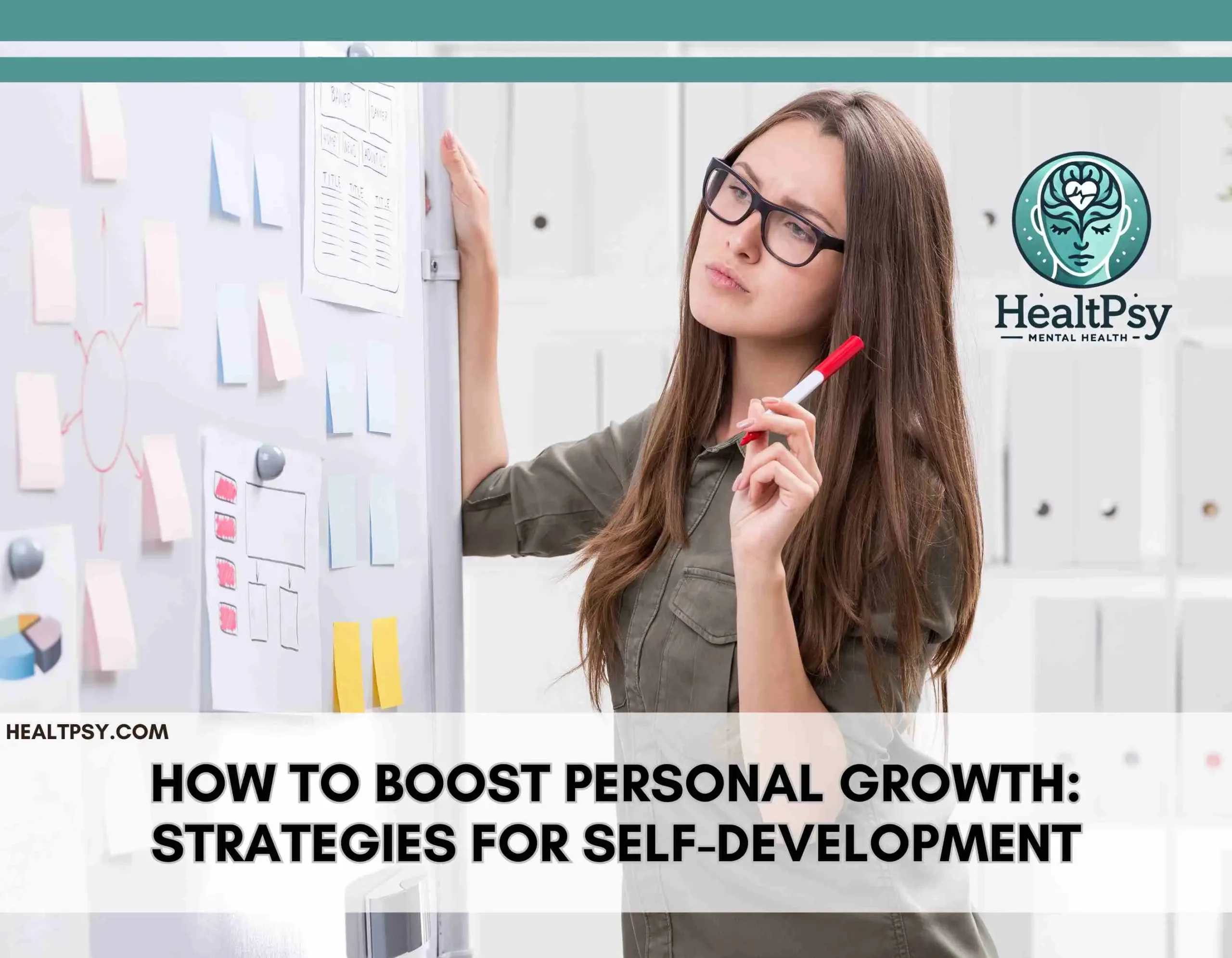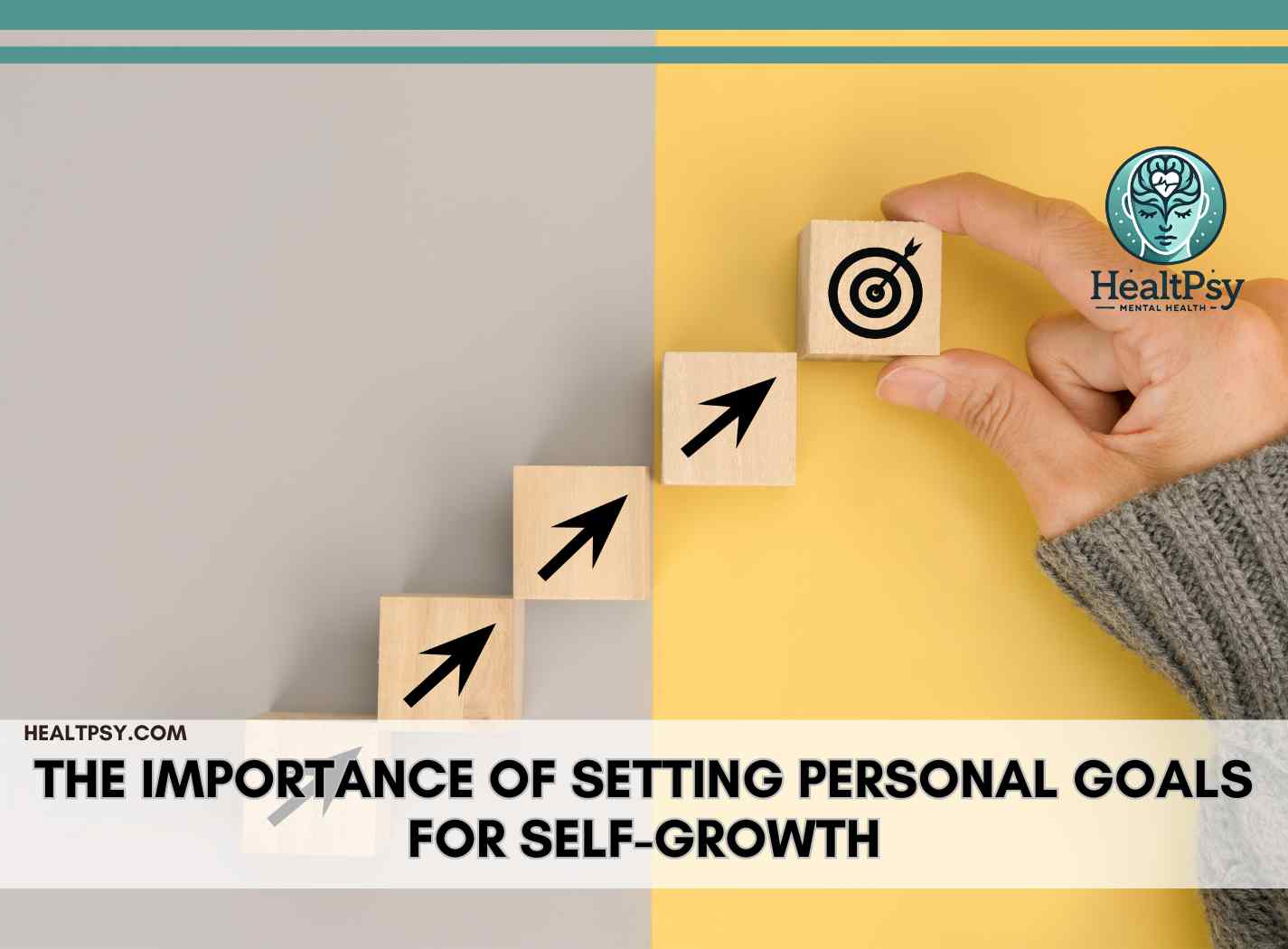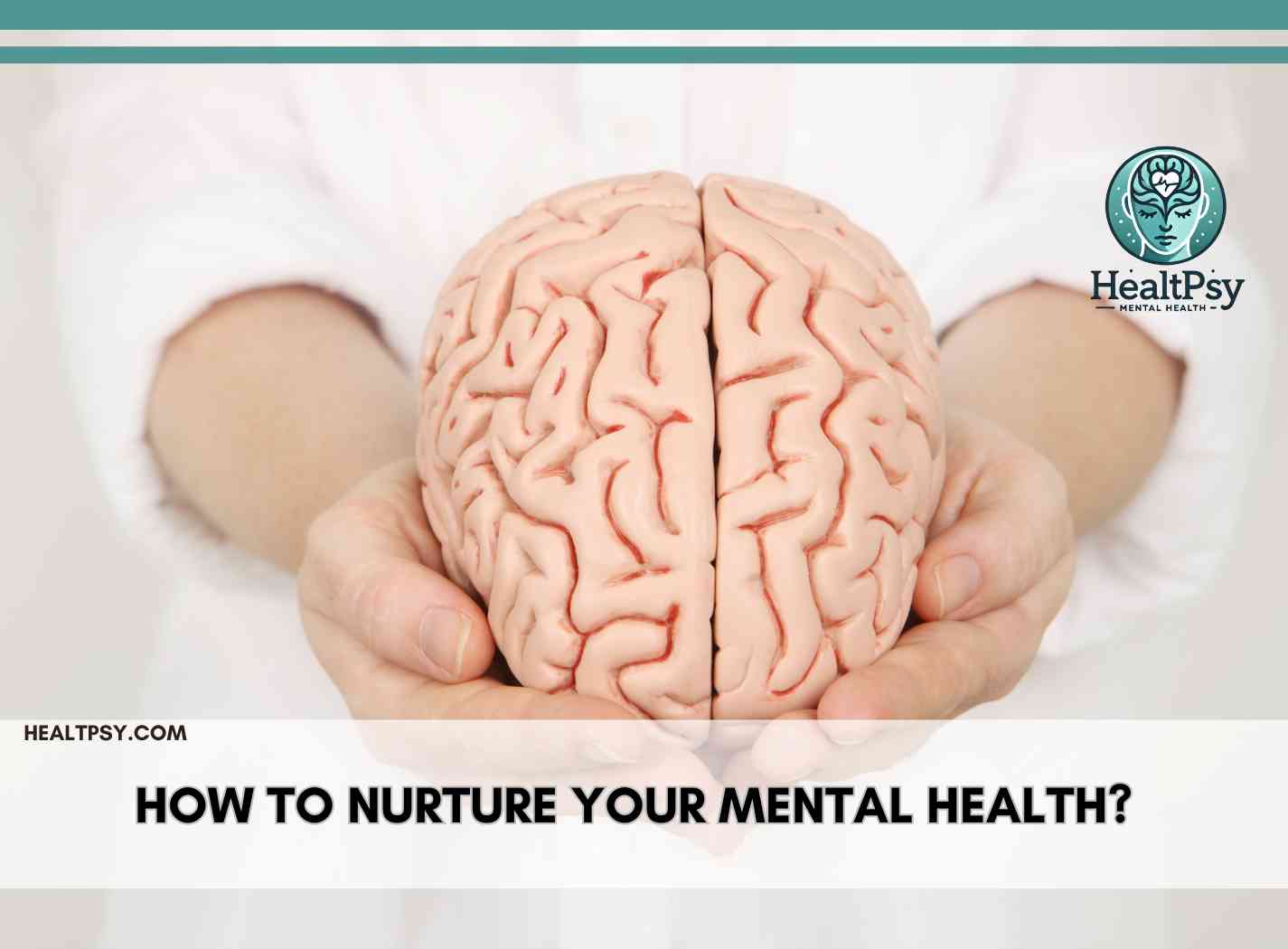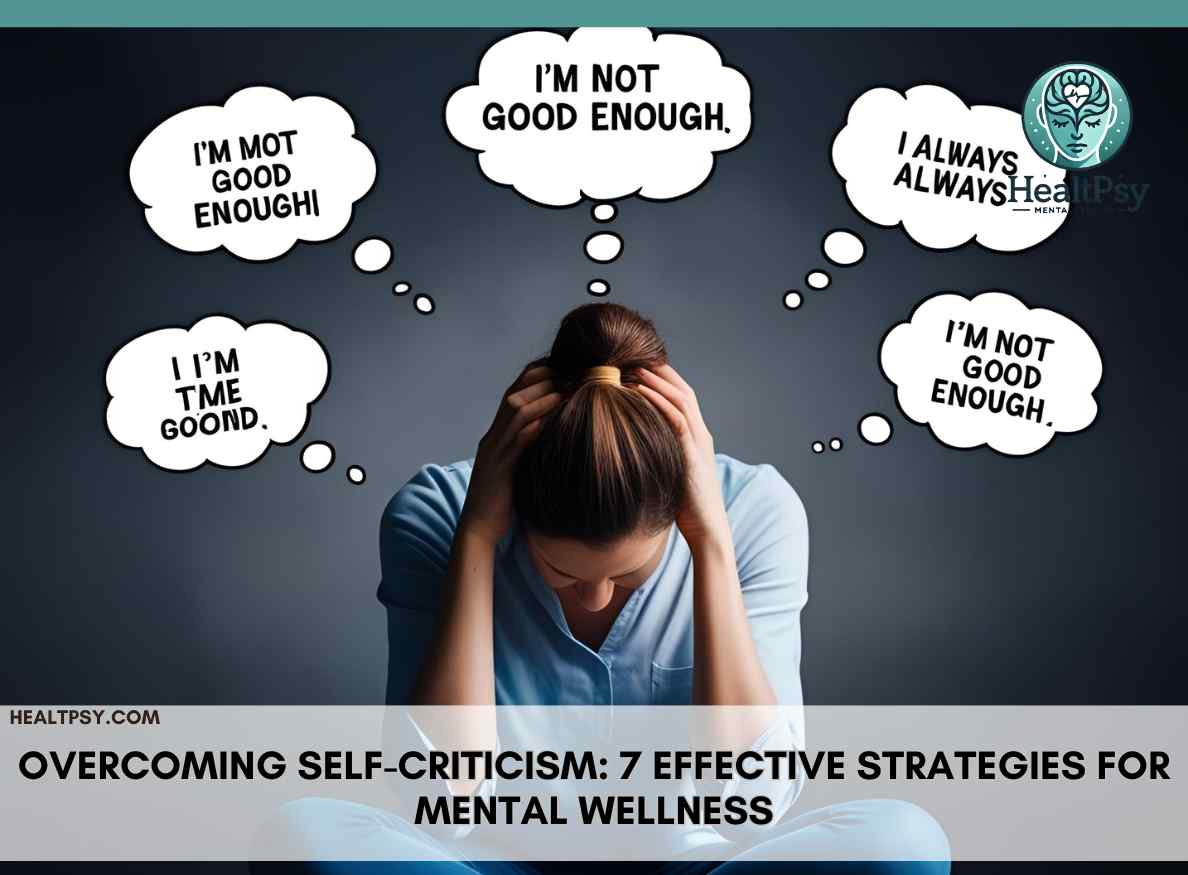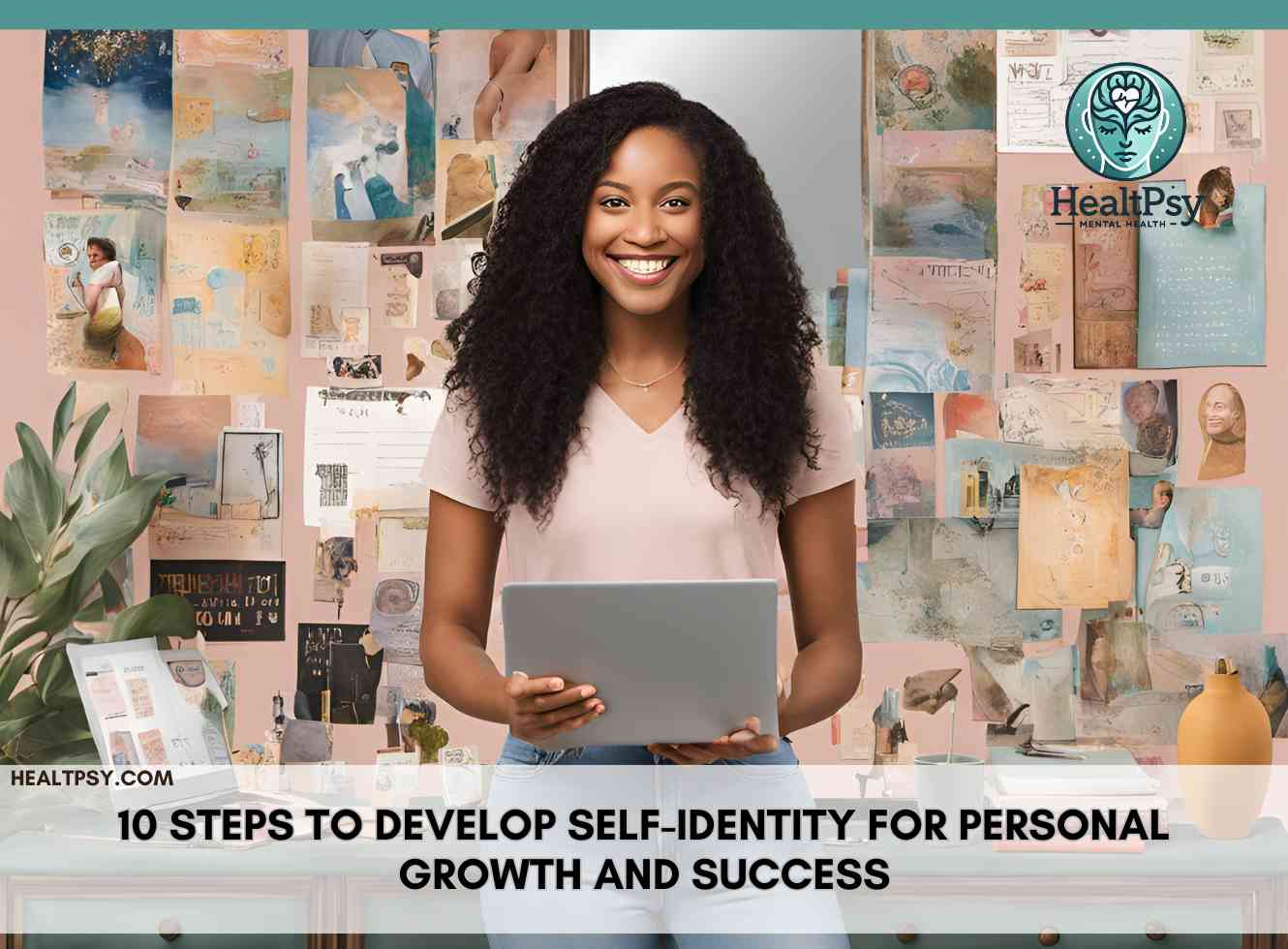7 Proven Strategies for Self-Development: A Guide to Personal Growth
Introduction
Self-Development is the conscious pursuit of personal growth by expanding self-awareness, improving skills, and enhancing the quality of life. It’s a journey that leads to self-fulfillment, stronger relationships, better decision-making, and a deeper sense of purpose. In today’s fast-paced world, prioritizing self-development is more essential than ever to adapt, grow, and thrive both personally and professionally.
In this guide, we’ll explore 7 powerful strategies that can elevate your self-development journey. These proven techniques are backed by psychological research and personal success stories. Whether you’re looking to boost your confidence, improve productivity, or cultivate resilience, this article provides the tools to achieve lasting personal transformation.
What is Self-Development?
Self-development, also known as personal growth, involves a lifelong commitment to learning, self-reflection, and intentional behavior change. It’s about challenging your limitations, discovering your passions, and becoming the best version of yourself.
Key Areas of Self-Development:
- Emotional intelligence
- Communication skills
- Time management
- Mindfulness and mental well-being
- Physical health and fitness
- Financial literacy
- Leadership and influence
By focusing on these areas, individuals can create a balanced and fulfilling life.
External Source: MindTools – What is Personal Development?
1. Set Meaningful and Achievable Goals
Setting goals is foundational to any self-development plan. Goals provide direction, motivation, and a sense of purpose. The SMART framework—Specific, Measurable, Achievable, Relevant, Time-bound—is an effective tool for goal setting.
Tips for Effective Goal Setting:
- Write down your goals and review them regularly
- Break large goals into smaller, actionable steps
- Visualize your success to stay motivated
- Track progress and celebrate milestones
Internal Link: How to Set Personal Goals for Growth
2. Build Consistent Positive Habits
Your daily habits shape your long-term outcomes. Building positive habits such as reading, exercising, meditating, or journaling can significantly impact your personal growth.
Building Better Habits:
- Start small and increase gradually
- Link new habits to existing routines (habit stacking)
- Use habit-tracking apps for accountability
- Reward yourself to reinforce consistency
External Source: James Clear – Atomic Habits Summary
3. Embrace Lifelong Learning
The path of self-development thrives on knowledge and continuous learning. Whether through formal education, online courses, or self-study, learning expands your perspectives and enhances adaptability.
Practical Learning Strategies:
- Read at least one book per month
- Listen to educational podcasts
- Take online courses on platforms like Coursera or Udemy
- Attend workshops, webinars, or local seminars
Internal Link: The Power of Lifelong Learning for Mental Health
4. Practice Self-Reflection and Mindfulness
Self-reflection allows you to evaluate your thoughts, emotions, and behaviors, making room for intentional growth. Mindfulness, on the other hand, anchors you in the present moment, reducing stress and enhancing clarity.
Techniques for Self-Reflection:
- Keep a daily journal
- Review your weekly accomplishments and setbacks
- Meditate for 10–20 minutes daily
- Ask yourself reflective questions: What did I learn today? What can I improve tomorrow?
External Source: APA – Mindfulness for Mental Health
5. Step Outside Your Comfort Zone
Growth rarely happens in comfort. To truly engage in self-development, you must be willing to face fears and embrace challenges.
How to Expand Comfort Zones:
- Try new experiences or hobbies
- Speak in public or participate in debates
- Travel to unfamiliar places
- Network with people outside your usual circle
Internal Link: Overcoming Fear and Expanding Your Comfort Zone
6. Cultivate Resilience and Mental Strength
Resilience is your ability to bounce back from setbacks. Mental strength allows you to persist in the face of difficulty, doubt, and fear.
Strategies to Build Resilience:
- Reframe negative experiences as learning opportunities
- Maintain a growth mindset
- Surround yourself with supportive people
- Prioritize sleep, nutrition, and physical activity
External Source: APA – Building Your Resilience
7. Surround Yourself with Supportive Influences
The people you interact with daily influence your mindset, motivation, and success. Choose to surround yourself with individuals who inspire, challenge, and uplift you.
Building a Growth-Focused Network:
- Join mastermind groups or accountability circles
- Follow thought leaders in your areas of interest
- Build connections through LinkedIn or local events
- Limit time with toxic or energy-draining individuals
Internal Link: Boosting Mental Health Through Strong Relationships
Final Thoughts on Self-Development
Self-Development is not a one-time event—it’s a lifelong journey of becoming. It requires commitment, self-compassion, and consistent effort. By applying the seven strategies outlined in this article, you can elevate your mindset, improve your habits, and ultimately transform your life.
Begin today. Start small. Stay consistent. The best version of you is waiting.
you might also like

